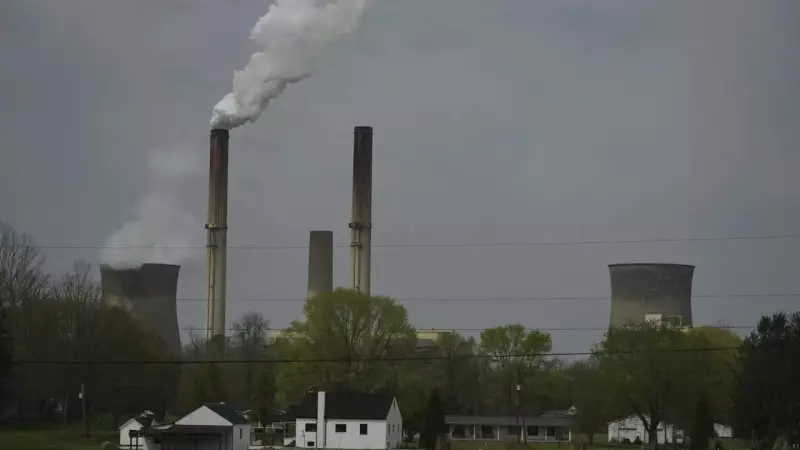
While carbon dioxide often steals the spotlight in climate discussions, there's another, more potent greenhouse gas quietly accelerating global warming: methane. This invisible threat packs a punch that demands immediate attention in our climate change battle.
What Exactly is Methane?
Methane (CH₄) is a colorless, odorless hydrocarbon gas that occurs both naturally and through human activities. Though it constitutes a smaller percentage of the atmosphere compared to CO₂, its warming power is staggering - approximately 80 times more potent than carbon dioxide over a 20-year period.
The Major Sources of Methane Emissions
Methane emerges from various sources, both natural and man-made:
- Agriculture: Livestock digestion (particularly cattle) and rice cultivation
- Energy Sector: Fossil fuel extraction, transportation, and leakage
- Waste Management: Landfills and wastewater treatment
- Natural Sources: Wetlands, termites, and wildfires
Why Methane Matters for Climate Change
The unique properties of methane make it a critical factor in climate dynamics. While it has a shorter atmospheric lifespan than CO₂ (about 12 years compared to centuries), its intense heat-trapping capability creates rapid warming effects. This makes methane reduction one of the most effective short-term strategies for slowing climate change.
India's Role in the Methane Challenge
As a rapidly developing nation with significant agricultural and industrial sectors, India faces unique methane challenges. The country's growing energy needs and extensive agricultural activities contribute to methane emissions, making it crucial for India to balance development with emission control strategies.
The Global Response and Solutions
International efforts, including the Global Methane Pledge launched at COP28, aim to cut methane emissions by 30% by 2030. Practical solutions include:
- Improved leak detection in oil and gas infrastructure
- Alternative farming practices and livestock feed
- Advanced waste management and landfill gas capture
- Transition to renewable energy sources
The battle against climate change requires addressing all greenhouse gases, not just carbon dioxide. As research continues to reveal methane's significant impact, the urgency to implement effective reduction strategies becomes increasingly clear for nations worldwide, including India.





